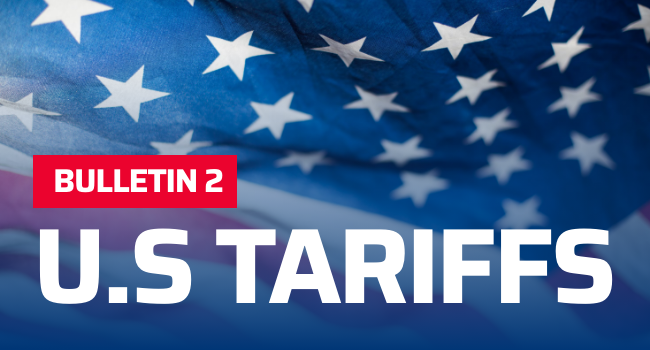

In the second of ITCO’s series of Industry Bulletins on the impact of the introduction of US tariffs, we highlight the introduction of fees on China-linked vessels. There is also a link to a recent ICIS Chemical Think Tank Podcast.
"On April 17, the United States Trade Representative (USTR) issued the final notice of action following its investigation into China’s shipbuilding and logistics sector. According to the USTR draft Federal Register notice, the USA will begin charging fees on Chinese-owned, operated, and built vessels arriving at its ports in October 2025.
These actions come after a year-long Section 301 investigation, which included USTR convening a two-day public hearing, receiving nearly 600 public comments, and consulting with government agency experts and USTR cleared advisors. Albeit dialled back from the original fees proposed in February 2025, the costs remain substantial and will be implemented in two stages.
Effective October 14, 2025, fees will be added to vessels with Chinese operators or owners. The fees will be based on net vessel tonnage, increasing incrementally over time: Fees will begin at USD50 per net ton of the arriving vessel and will move up to USD140 per net ton over the course of three years. These will be collected at the first US port call of affected vessels on a particular string.
For China-built ships, fees will be based on net tonnage or containers, increasing incrementally over the following years. Fees will begin at USD18 per net ton of the arriving vessel and will move up to USD33 per net ton over the course of three years. Alternatively, fees will be charged based on containers discharged, starting at USD120 per container, and increasing to USD250 per container. The higher of the two fees will be due."
Sources: PSA BDP and Project & Heavy Lift International.
Members may also be interested in the recent ICIS Chemical Think Tank Podcast HERE
Episode Description
Chemical companies need a razor-sharp focus on identifying and nurturing markets and customers as the trade war pulls apart decades of established ways of doing business.
Key Take-Aways